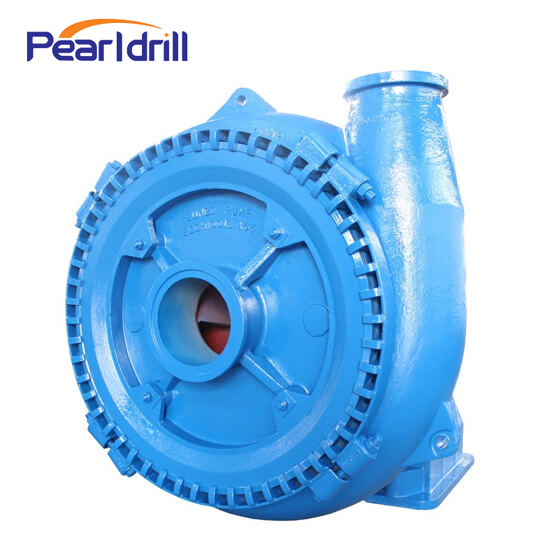What is the difference between a centrifugal pump and a piston pump?
Centrifugal pumps and piston pumps differ in the following ways:
1. Principle of operation:
- Centrifugal pump: relies on the rotation of the impeller to generate centrifugal force to transport liquid.
- Plunger pumps: pump liquids through the reciprocating motion of the plunger.
2. flow characteristics:
- Centrifugal pumps: the flow rate is relatively stable.
- Piston pump: Higher flow accuracy can be realized.
3. head range:
- Centrifugal pumps: Wide range of heads.
- Piston pumps: usually provide a higher head.
4. Applicable media:
- Centrifugal pumps: suitable for a variety of liquids, including corrosive and highly viscous liquids.
- Piston pumps: relatively narrow adaptability to the medium.
5. self-priming capacity:
- Centrifugal pumps: generally have a good self-priming ability.
- Piston pumps: poor self-priming ability.
6. Noise level:
- Centrifugal pumps: relatively quiet operation.
- Piston pumps: may produce greater noise during operation.
7. Maintenance costs:
- Centrifugal pumps: relatively simple maintenance, low cost.
- Piston pumps: complex structure, maintenance costs may be higher.
8. Price:
- Centrifugal pumps: more economically priced.
- Piston pumps: usually more expensive.
9. Application scenarios:
- Centrifugal pumps: widely used in industry, agriculture, municipal and other fields.
- Piston pumps: commonly used in high-precision, high-head conditions, such as petrochemical industry.
10. Pulse characteristics:
- Centrifugal pumps: output is relatively smooth, small pulse.
- Piston pumps: output may have a certain pulse.

G Gravel sand pump For Dredging
